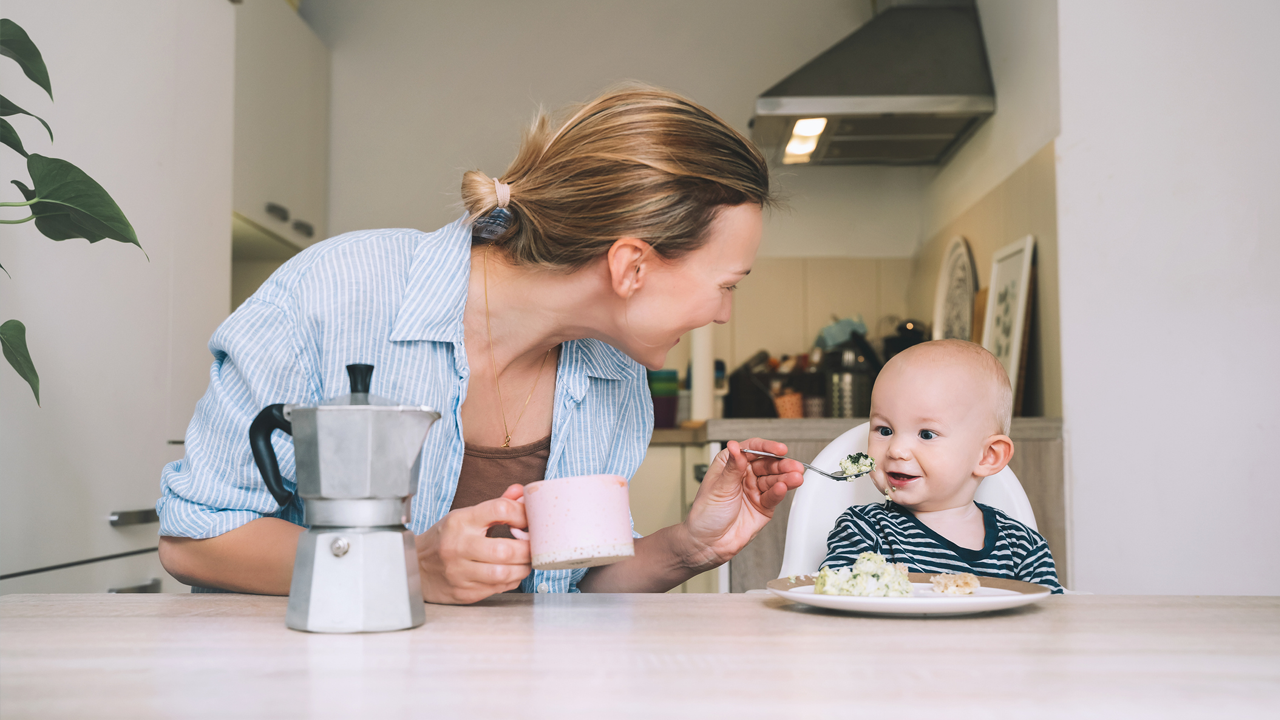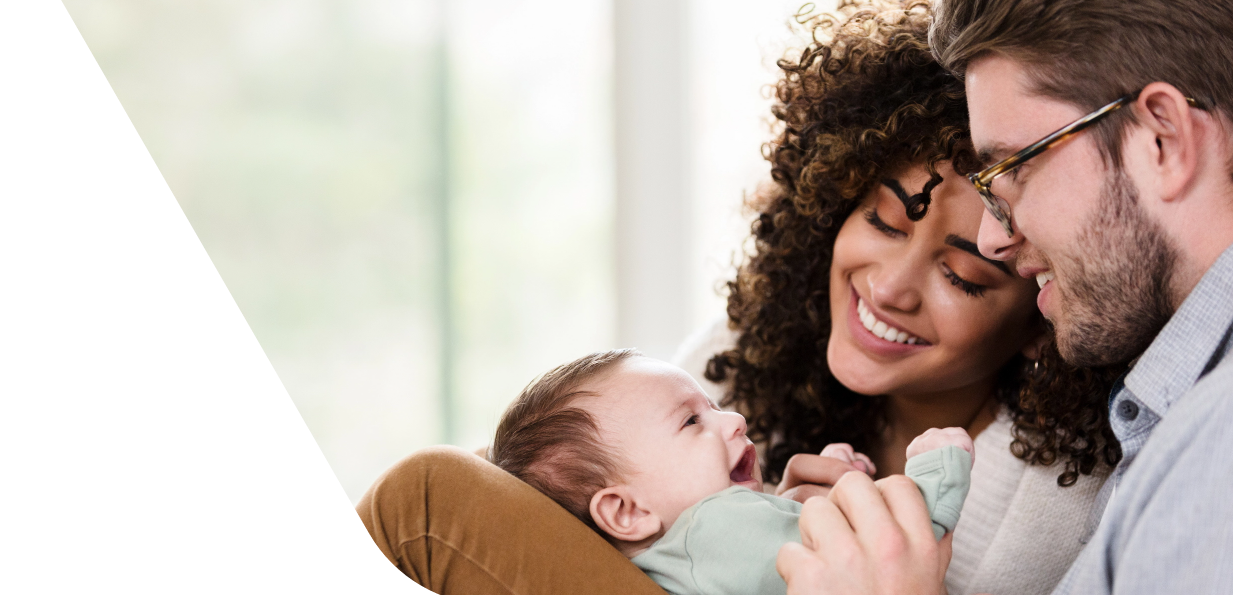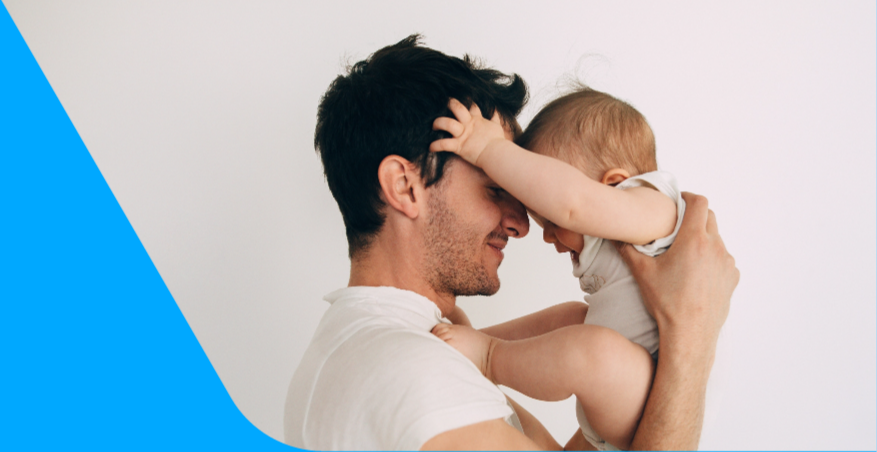SKIP TO CHAPTER

Why does my baby suddenly seem afraid of strangers?
It can be startling when your smiling little one—the frequent celebrity at grocery checkout counters, social butterfly at neighborhood parties—suddenly turns off the charm around strangers. But most babies do this eventually. Welcome to stranger anxiety, a natural phase of social development that begins at around 6 to 9 months.
Your baby learned very early in life who her parents and the other key figures in her life are. She showed her pleasure when you appeared—but that’s how she responded to other people as well. Now, as your baby becomes more attached to you, she grows more discriminating about people who aren’t you.
At first, your baby may simply begin to regard strangers with greater wariness than she once did. She may grow quiet and watchful. Then she may begin to balk if the stranger comes too near, or tries to play with her or hold her. Stranger anxiety can then heighten into flat-out rejection, with your baby crying or otherwise protesting loudly to someone other than you, even when you’re right there.
Stranger anxiety is one of the first big emotional milestones for babies. Not every baby develops significant stranger anxiety, but the majority display it to some extent, starting in the second half of their first year. For many babies it’s a short-lived phase, but for some it may last into toddlerhood.
You can’t force your baby to be sociable, nor is it a good idea to try. Instead, respect this sign of her growing maturity. Don’t force her to smile and interact, because it’s a losing battle. Rather, give her a little space and time, and she’ll often warm up to a stranger and decide the person is a friend.
This development is different from shyness. Being shy around strangers is a personality trait that is more likely to continue beyond the stranger anxiety phase.








